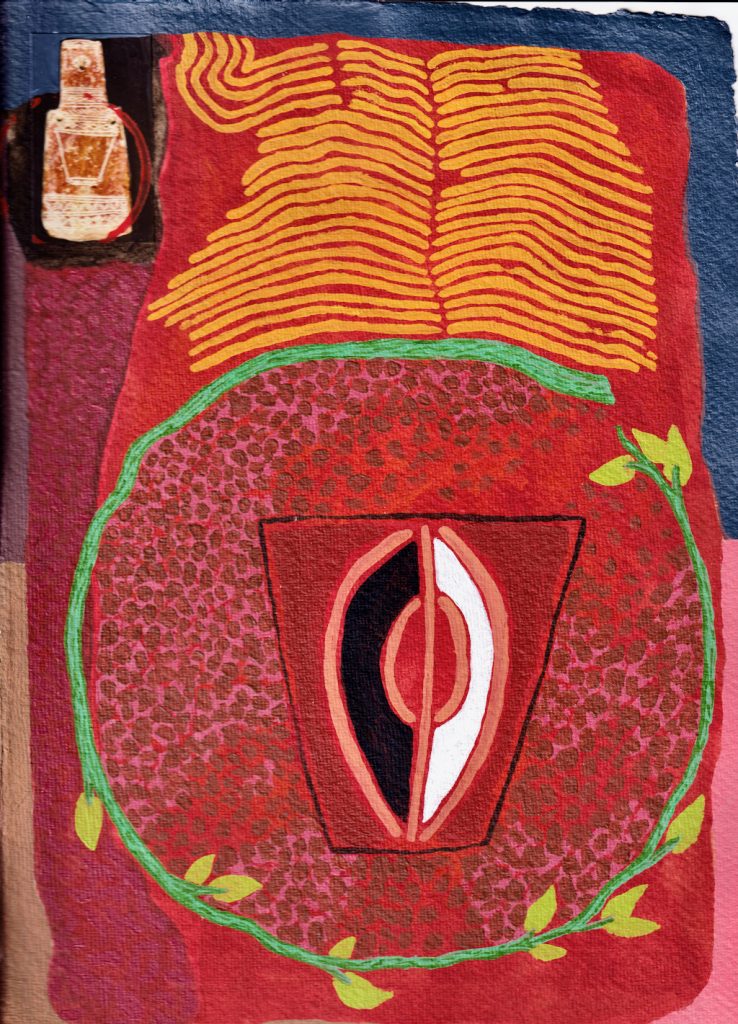
The self is also a creation, the principle work of your life, the crafting of which makes everyone an artist. This unfinished work of becoming ends only when you do, if then, and the consequences live on.
Rebecca Solnit (The Faraway Nearby p. 53).
In a short chapter called ‘Caves’, in Thin Paths: Journeys In and Around an Italian Mountain Village, Julia Blackburn writes:
The skeleton of a young woman lies on her back and her body is covered by a blanket of thousands of little trochus shells. A pebble painted red is under her head and the jawbones of two very young children are there with her, also covered in shells. (p. 27).
Why the young woman was buried like this is uncertain, but I’m struck by the care involved. Care signalled both by the placement of objects and the blanketing of the body with shells. Was this inspired by love and/or respect for the dead woman or by fear? If the “self” is an interiorization of some sense of community, one constituted in and by relationships, connections and attachments, then what’s the relationship between selves-in-community and care in relation to the dead?
We’re in the kitchen finishing breakfast and suddenly my childhood friend Tim comes to mind. Tim, trainee poet and naturalist, who took N. and me into the radio-mast wood one afternoon to listen to its space, mapping it for us aurally by identifying each of the different birds singing around us, from the blackbird in the leaf-litter to the distant pigeons in the canopy. Tim who killed himself when the anti-depressants he’d been given have voluntarily had himself sectioned for depression had destroyed his kidneys, refusing to live tied to a dialysis machine. Tim whose father insisted he follow a path that made no sense to him; who gave me a copy of Anthony Hecht’s The Hard Hours, which I still have.